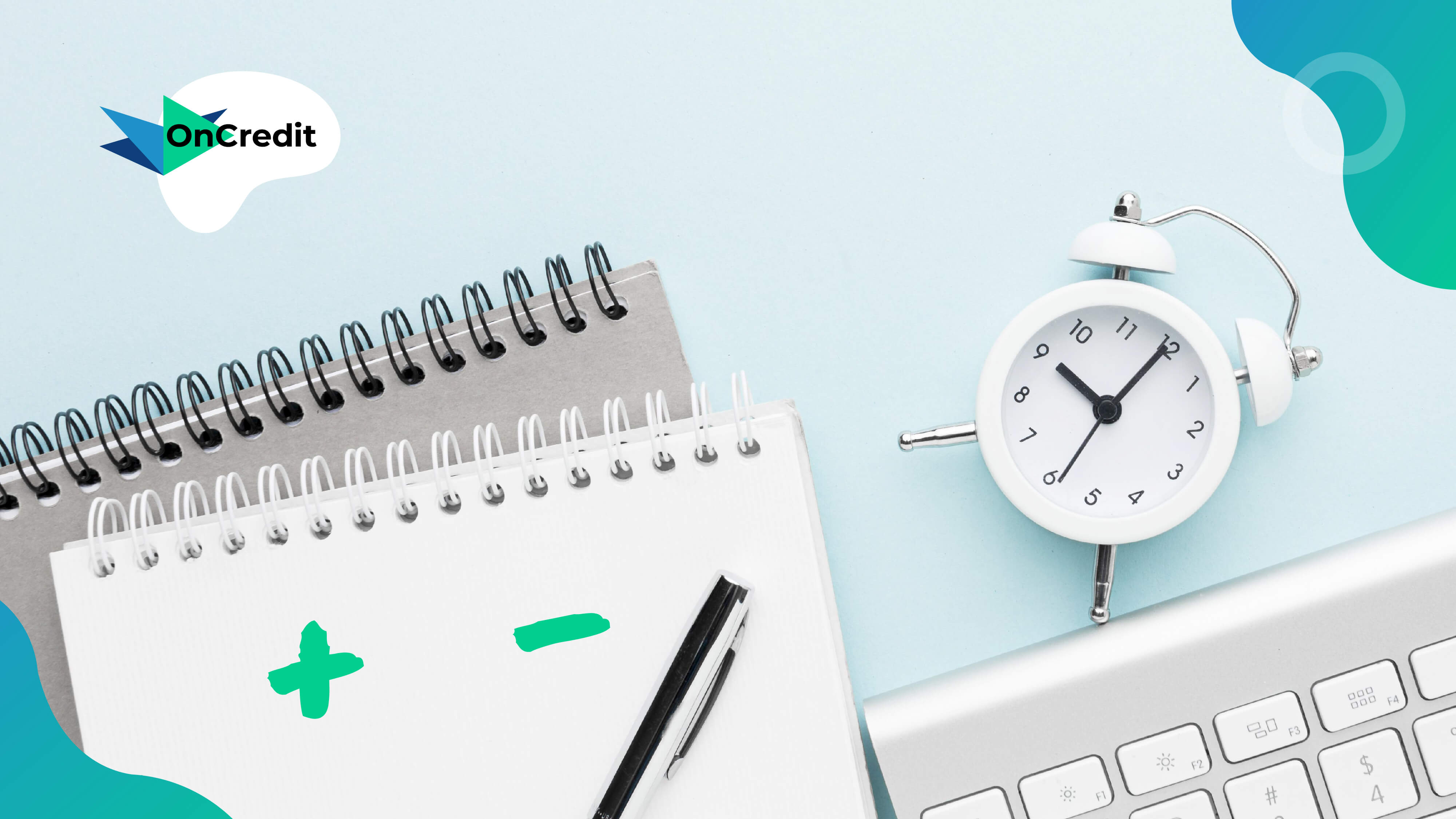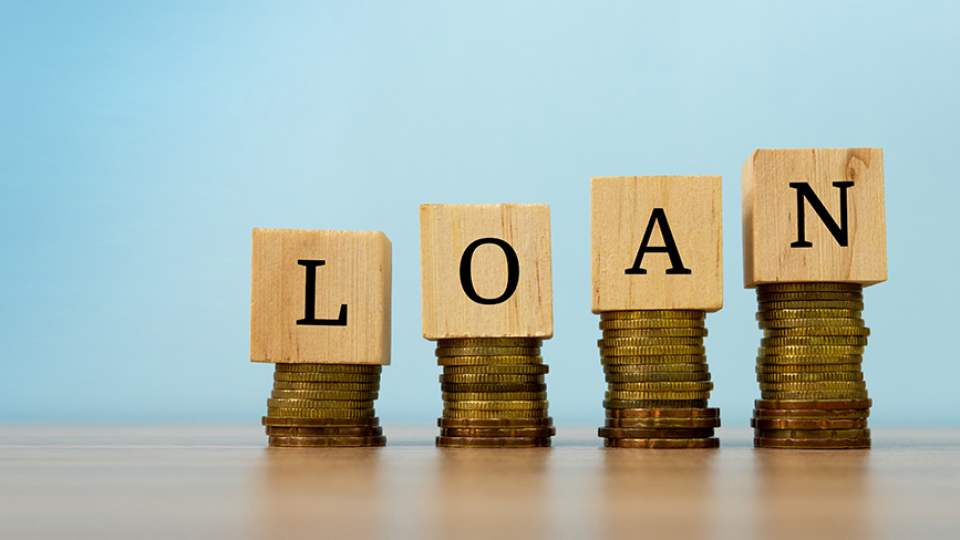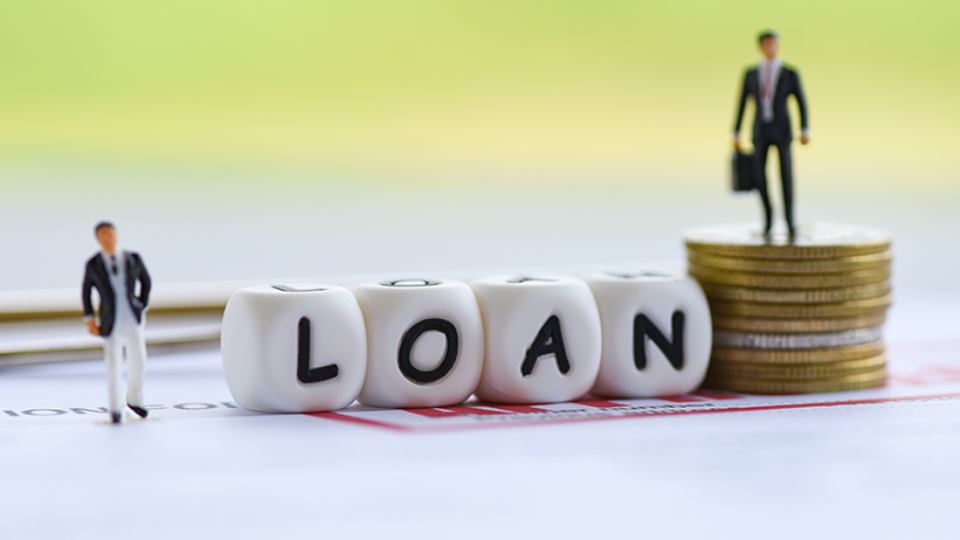Ever since we are young, one of the few lessons that we are taught about personal finance is that being in debt is really bad and something that should be avoided at all costs. Settling debt and settling loans that become too large over the years have driven many people to their financial ruin, especially if coupled with an unexpected loss of income.
However, as we grow up we understand that debt is an unavoidable part of life. Large expenses like purchasing homes or vehicles, and paying for weddings and higher education overseas are sometimes simply not possible unless you take out loans. Everyone around you, even the rich, are financing their lifestyles through debt. Sometimes it even makes sense to take out loans rather than spending all your savings on a large purchase. A long-term loan at an agreeable interest rate can make life very easy for you and with amenable monthly payments, settling loans that you take out will have little impact on your day-to-day life. If you are able to carefully plan and manage your debt, debt can be utilised very effectively and settling debt should not be much of a hassle.
Now, supposing you have one or more ongoing loans with a few years of repayment left, but you are financially able to settle the entirety of the loan right now and be free from debt - should you do it? Further, if you find yourself with a growing pile of debt that might prove to be sticky in a few years time, is it worth taking a preemptive step and settling debt in full, or should you ride it out?
Settling loans early is a dream for many people, but it comes with its own set of pros and cons.
Pros of settling loans early
1. Freedom from Debt
.jpg)
The number one reason you should think about settling debt is to simply embrace the liberating feeling that being free from debt gives you. You don’t need to worry about settling loan payments during busy months or leaving an unpleasant job. You will be free from all obligations, giving you tremendous peace of mind. Contributing a monthly amount towards settling debt reduces your cash in hand. Settling debt in full means that you can utilise the entirety of your income towards your daily expenses, savings, emergency fund and even try your hand at an investment or two.
2. Strengthen your Credit History
.jpg)
Settling loans when you have the means to comfortably do so reduces the risk of defaulting on payments should you fall into financial trouble in future. If you face trouble settling debt, your credit record takes a hit, severely restricting a lot of avenues open to you e.g. getting loans or credit cards in future, applying for certain jobs etc. If you have the capability of settling debt in full, your credit score will automatically improve as you are left with no pending debts. (Read here: How to Maintain a Healthy Credit Score?)
3. Save Money
Settling loans earlier than the due date might end up saving you a lot of money in skipped interest payments. Settling loans with high interest in particular will allow you to save money if you settle the loan earlier than the due date. If you are juggling many debts, it’s best to work towards either settling debt with the highest interest (leading to the highest interest savings) or settling debt that is the smallest in value so that the overall amount of creditors that you have will be less.
4. Frees Up Credit
Settling loans early means that you have a large credit balance to take out large loans in future if needed. Suppose you take out a 25-year housing loan and even though you have the means of settling loans early but you decide to ride out the entire period, only to find yourself suddenly needing to take out another loan to pay for your child’s education. In this kind of situation, the value of the education loan you can take out will be less since you already have an outstanding loan.
Cons of Settling Loans Early
1. You may be Penalised
No lender likes to lose out on their interest payments. If you try settling debt hoping to save on future interest payments, the lender might make up the difference by charging you penalty fees which might end up at a higher total value than if you had paid the loan after its full period. You may also find that the interest rate for your 5-year loan was a fixed fee which you need to pay when settling loans at any date, leaving you with no money saved at all.
2. You may be taking out your savings to do so
When settling debt, you might need to take out a large chunk of your savings or use money that you would have put in a savings or investment account. Doing so removes a safety net that you might have had for other future expenses. Settling debt should not come at the expense of other aspirations you might have had for that money. After all, once you have finished settling loans you would need to start from zero savings. Further, if you utilise a bulk sum towards settling debt, you might end up losing money from potential interest had you put this amount into a fixed deposit or securely invested it.
Furthermore, if you have a financial need to obtain a personal loan, you can get it via OnCredit.lk. All in all, when it comes to settling debt early, if you have the means to do so comfortably without paying anything more than what you would have done had you paid it at the due date, it is always best to do so. The peace of mind and financial strength you gain from settling loans and being free from debt is always worth it.







